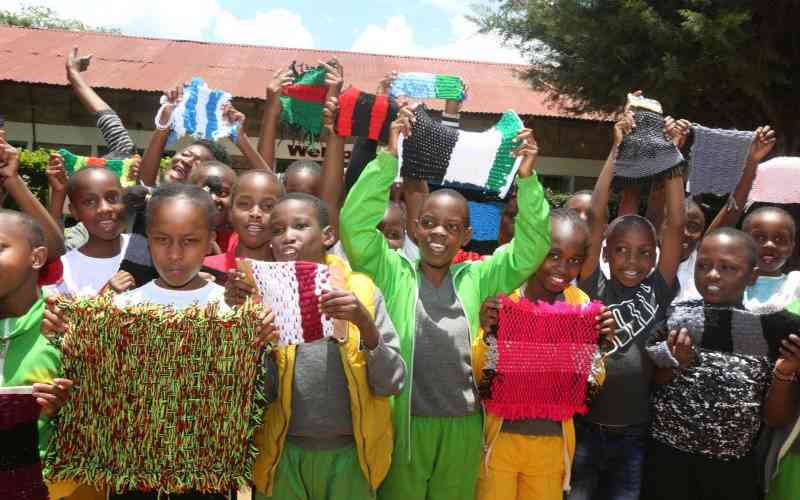×
The Standard e-Paper
Kenya’s Boldest Voice

After 10 days of vigorous public participation in the implementation of Competency-Based Curriculum (CBC), stakeholders have expressed their views over issues they want either retained or rejected.
Lack of proper teacher training, inadequate classrooms, the sidelining of parents and clash of culture were some of the issues that dominated debates when the Presidential Working Party on Education Reform taskforce toured the country in search of views from stakeholders.